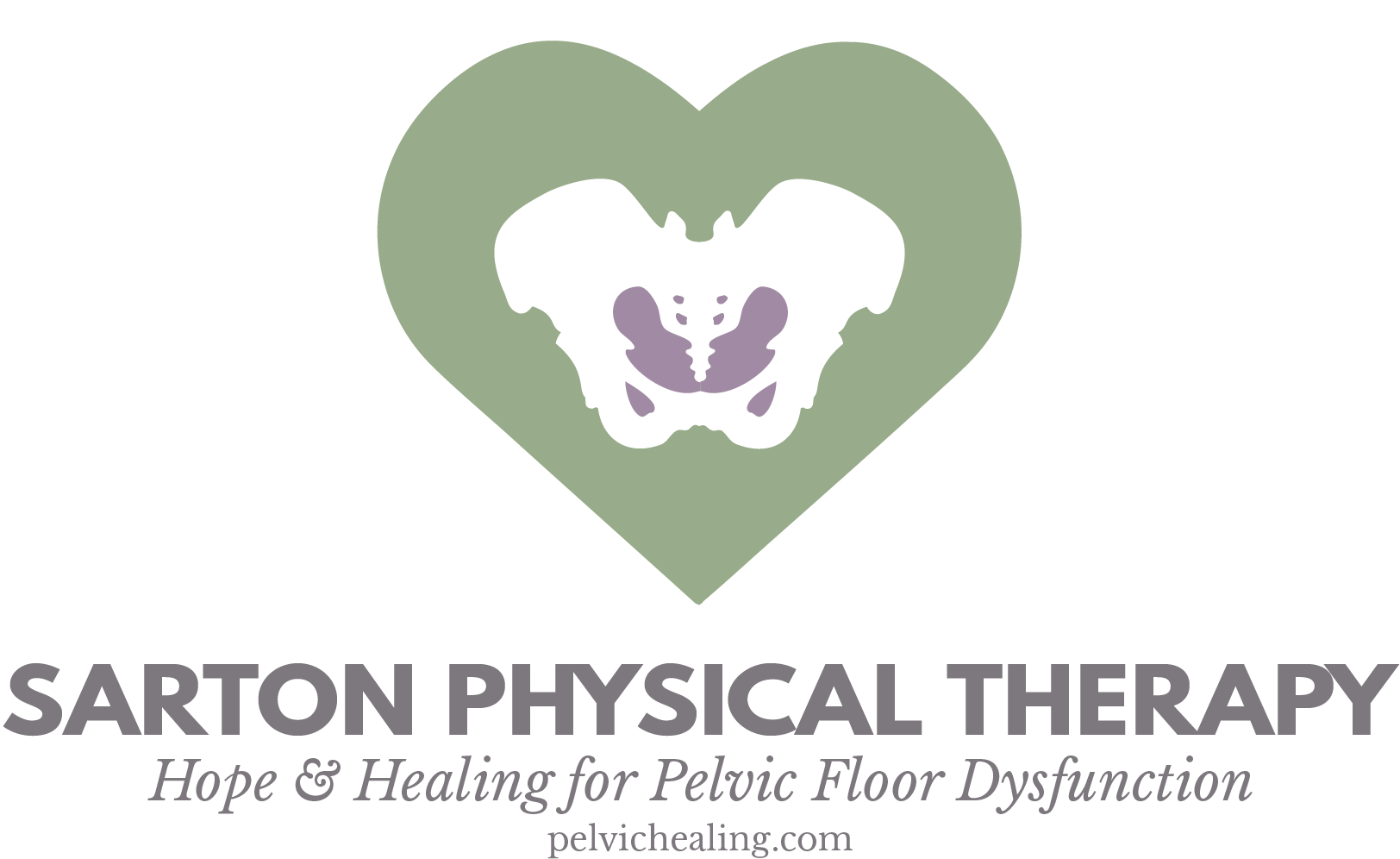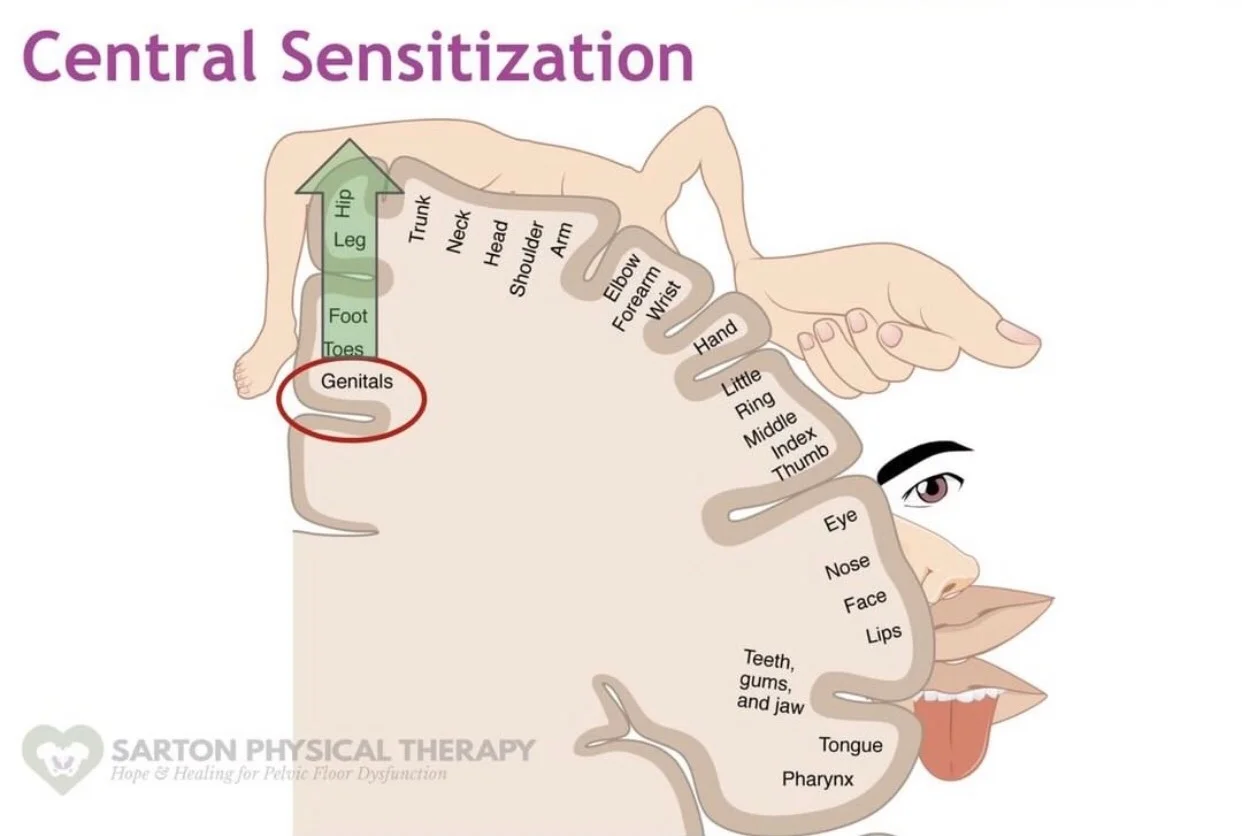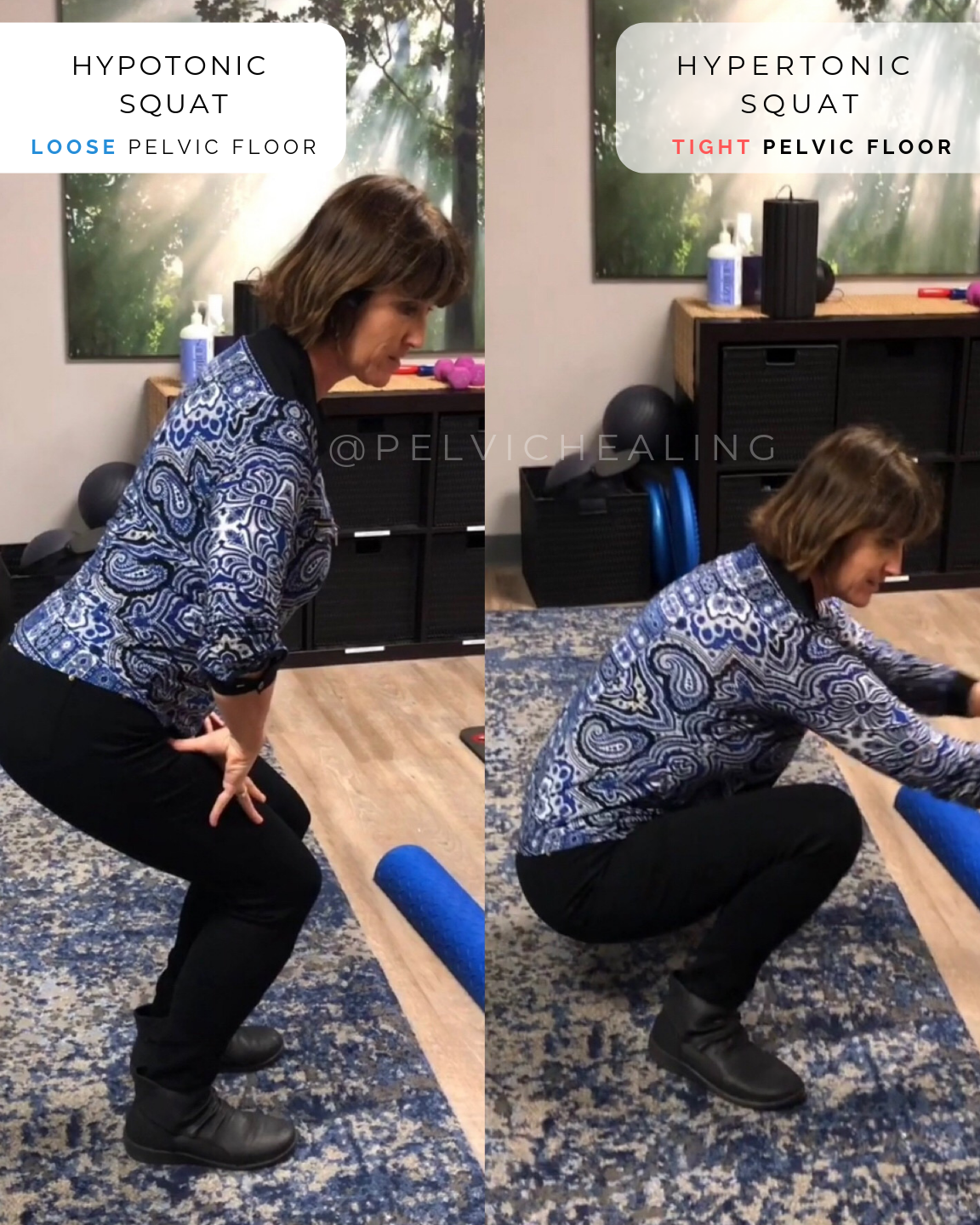If you think that hands-on treatment is the only way you can better, think again.
Read MoreWhat’s filled with brave, badass women who came to share their stories, empower each other, and learned with open hearts and minds about pain science and neuroplasticity from our knowledgeable team member, Dr. Lindsey Liggan, PT, DPT, WCS, PRPC? Our latest Pelvic Floor Friends session, that’s what!
Read MoreIf you are anything like me, you often wait too long to do this!
Read MoreYou might have a morning routine, but have you ever considered your pain routine? The original roots of your pain can be better understood with pain science.
Read MoreLift each other up and learn from one another. That’s what pelvic floor friends are for!
Read MoreWhat if I told you that your vulvar pain has been mistreated for the last decade?
Read MoreUnlike other skeletal muscles, pelvic floor muscles are influenced by your autonomic nervous system, drawing a true brain-muscle connection between stress and pelvic pain.
Read MoreNot all squats are created equal.
Read MoreYou may know it as painful bladder syndrome, IC, or even mistake it for reoccurring urinary tract infections, but there is one thing everyone can agree—Interstitial Cystitis is an often painful and always inconvenient pelvic floor condition.
Read MoreBefore starting pelvic floor physical therapy, Mary saw practitioner after practitioner (including over 30 physical therapists) but continued to suffer with pain.
Read MoreThe current method used by medical professionals to express patient pain levels is often relative—learn how you can accurately communicate your unique pain symptoms with your doctor.
Read More“I went from being a woman who weight lifted, mountain biked, played rugby and practiced Muay Thai at a high-performance level to a woman who was unable to tie her own shoes due to immense pain.”
Read MoreWhat we personally remember most about Julie’s late uncle, Dr. James E. Carter, was not his many accomplishments, but THE WAY he practiced medicine.
Read MoreThe diaphragm is a postural muscle, so it's likely that if you have a back problem, you have a diaphragm problem. We want to add to that: if you have a diaphragm problem, it's likely you also have a pelvic floor problem!
Read MoreGet ahead of recovery from surgery—or “controlled trauma” as we like to call it—the proactive way.
Read MoreI suffered with severe dysmenorrhea (painful periods) and SI joint pain for years, along with chronic fatigue and Hashimoto’s thyroiditis since grad school.
Read MoreSee how we're leveraging education to reach our goal of making pelvic floor muscular exams a standard procedure with every annual physical exam.
Read MoreTo fully appreciate what your body does for you on a daily and hourly basis look no further than between your legs.
Read MoreMany women are incorrectly told that the problem is in their head when, in fact, the problem is within their pelvis.
Read MoreHer therapist finally determined that her problem was not psychologically rooted in her mind; rather, it was physically rooted in her pelvis.
Read More




















